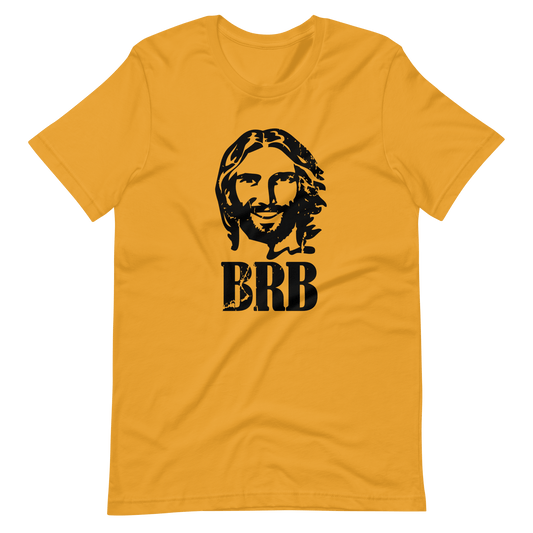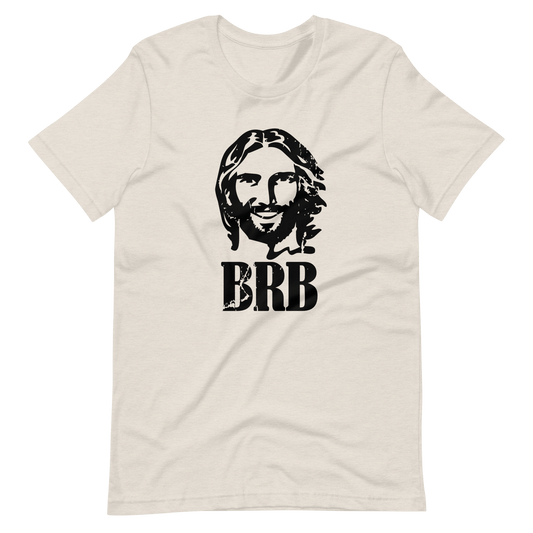Ever wondered how Lutherans and Methodists are different? Both are Christian groups, but they have some unique things about them. Lutherans follow the teachings of Martin Luther, while Methodists follow John Wesley.
Lutherans focus a lot on grace and faith, while Methodists talk a lot about personal growth and helping others. They also have different ways of doing church and worship. Let's explore these differences together and learn more about what makes each of these Christian traditions special!

What to know about Lutheran?
Lutheranism is a major branch of Protestant Christianity that emerged from the teachings of Martin Luther in the 16th century. Here are key points to know about Lutheranism:
Martin Luther
Luther was a German monk and theologian who initiated the Protestant Reformation in 1517 by challenging certain practices and teachings of the Roman Catholic Church. He emphasized salvation by grace through faith alone.
Justification by Faith
Lutherans believe that individuals are justified (made right with God) by faith in Jesus Christ alone, apart from any works or merits of their own.
Sacraments
Lutherans typically recognize two sacraments: Baptism and the Lord's Supper (Holy Communion). They believe these sacraments are means of grace through which God's love and forgiveness are conveyed to believers.
Authority of Scripture
Lutherans affirm the Bible as the ultimate authority in matters of faith and practice. They interpret Scripture through the lens of the "solas" (Latin for "alone"), including sola scriptura (Scripture alone).
Liturgical Worship
Lutheran worship often follows a liturgical structure, incorporating hymns, prayers, Scripture readings, and the celebration of the sacraments. Traditional liturgies such as the Lutheran Book of Worship or the Lutheran Service Book are commonly used.
Confessional Documents
Lutherans adhere to certain confessional documents, including the Augsburg Confession and the Book of Concord, which outline key theological beliefs and teachings.
Diversity
Lutheranism encompasses various branches and synods worldwide, each with its own distinct practices and traditions. Common Lutheran denominations include the Evangelical Lutheran Church in America (ELCA) and the Lutheran Church-Missouri Synod (LCMS).
Social Engagement
Lutherans have a history of social engagement and activism, advocating for justice, peace, and care for the marginalized and oppressed.
Overall, Lutheranism emphasizes grace, faith, and the authority of Scripture, while also valuing tradition and sacramental practice within the context of worship and community.
What religion is closest to Lutheran?
The religion closest to Lutheranism within the Protestant tradition is generally considered to be Anglicanism, also known as the Church of England or Episcopal Church. Both Lutheranism and Anglicanism emerged from the Protestant Reformation in the 16th century and share similarities in theology, liturgical worship, and sacramental practices.
Both traditions emphasize the authority of Scripture, justification by faith, sacraments (including Baptism and Holy Communion), and the importance of tradition in shaping beliefs and practices. While there are differences in specific theological emphases and ecclesiastical structures, Lutheranism and Anglicanism maintain a close relationship within the broader Protestant family.
What to know about Methodists?
Methodism is a Protestant Christian denomination that originated from the teachings of John Wesley and his brother Charles Wesley in the 18th century. Here are key points to know about Methodism:
John Wesley
John Wesley, an Anglican priest and theologian, founded Methodism as a movement within the Church of England. He emphasized personal piety, social justice, and the pursuit of holiness.
Sanctification
Methodists believe in the concept of sanctification, the process of becoming more like Christ and growing in holiness through the work of the Holy Spirit.
Wesleyan Quadrilateral
Methodists utilize the Wesleyan Quadrilateral, which consists of Scripture, tradition, reason, and experience, as a method for theological reflection and decision-making.
Sacraments
Methodists typically recognize two sacraments: Baptism and Holy Communion (the Lord's Supper). They view these sacraments as means of grace through which God's love and forgiveness are experienced.
Connectional Polity
Methodism operates with a connectional polity, meaning local congregations are connected in a broader network of regional and national conferences. This allows for shared governance and resources among churches.
Worship Style
Methodist worship services vary widely, ranging from traditional liturgical styles to contemporary and charismatic expressions. Hymn singing, Scripture readings, preaching, and prayer are common elements of Methodist worship.
Social Justice
Methodists have a strong tradition of social justice and community engagement. They advocate for issues such as poverty alleviation, racial equality, and healthcare access.
Diversity
Methodism encompasses various branches and denominations worldwide, including the United Methodist Church, African Methodist Episcopal Church, and Wesleyan Church, each with its own distinct practices and traditions.
Evangelical Focus
While Methodism is diverse, many Methodist churches emphasize evangelism and outreach, seeking to share the message of God's love and grace with others.
Overall, Methodism emphasizes personal piety, social justice, and the pursuit of holiness within the context of community and connectionism.
Which religion is closest to Methodist?
Within the Protestant tradition, the religion closest to Methodism is Anglicanism, also known as the Church of England or Episcopal Church. Methodism originated as a movement within Anglicanism in the 18th century, particularly through the teachings of John Wesley, an Anglican priest.
Methodism shares several theological similarities with Anglicanism, including an emphasis on the authority of Scripture, the importance of tradition, sacramental practices such as Baptism and Holy Communion, and a connectional polity. While there are differences in specific theological emphases and worship styles, Methodism and Anglicanism maintain a close relationship within the broader Protestant family.
What is the Difference between Lutheran and Methodist?
Lutheranism and Methodism are both Protestant Christian denominations, but they have differences in theology, worship practices, and organizational structure. Lutherans follow the teachings of Martin Luther and emphasize the doctrine of justification by faith alone. They uphold sacraments, particularly Baptism and Communion, and typically have a liturgical worship style.
Methodists trace their roots to the teachings of John Wesley and emphasize the concept of sanctification, striving for personal holiness and social justice. They have a flexible approach to theology and worship, often incorporating hymns, contemporary music, and dynamic preaching. Methodists practice two sacraments, Baptism and Communion, and place a strong emphasis on community involvement and outreach.
Structurally, Lutheranism is often more hierarchical, with centralized governance, while Methodism tends to have a connectional polity, meaning local congregations are connected in a broader network of regional and national conferences. Overall, while both denominations share common Protestant roots, they differ in theological emphases and practices.
Comments
Did you enjoy reading this blog post or have something to add? Please leave us a comment below!
You May Also Love
10 Key Answers to What Do Lutherans Believe









